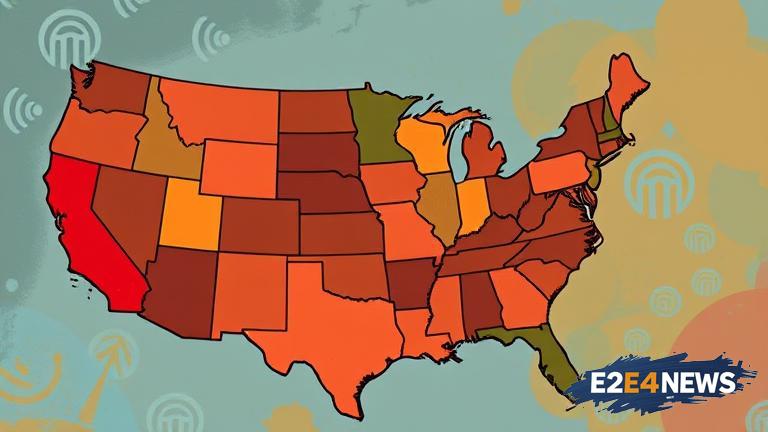The United States is currently facing a potential crisis in public broadcasting as proposed funding cuts to National Public Radio (NPR) and the Public Broadcasting Service (PBS) threaten to undermine local childhood education resources. These cuts, if implemented, could have far-reaching consequences for the availability and quality of educational programming for children. NPR and PBS have long been staples of American public broadcasting, providing a wide range of educational and informative content to audiences across the country. The proposed funding cuts are part of a broader effort to reduce government spending and balance the federal budget. However, many argue that these cuts would be short-sighted and ultimately harmful to the nation’s educational system. Local public broadcasting stations rely heavily on federal funding to support their operations and programming. Without this funding, many of these stations would be forced to reduce their services or even cease operations altogether. This could have a devastating impact on local communities, particularly in rural and underserved areas where access to educational resources is already limited. Children in these areas often rely on PBS and NPR for educational programming, including popular shows such as Sesame Street and Wild Kratts. These programs are designed to promote learning and cognitive development in young children, and are widely recognized as being of high quality and effectiveness. The loss of these resources would not only harm children’s educational outcomes but also undermine the broader social and economic development of local communities. Furthermore, the proposed funding cuts have been met with widespread criticism from educators, parents, and community leaders, who argue that they would be a step backwards for the nation’s educational system. Many have pointed out that public broadcasting plays a critical role in promoting media literacy, cultural awareness, and civic engagement, all of which are essential for a healthy and functioning democracy. In response to the proposed funding cuts, a number of advocacy groups and community organizations have launched campaigns to raise awareness and mobilize public support for NPR and PBS. These efforts have included social media campaigns, petitions, and lobbying efforts aimed at persuading lawmakers to reverse the proposed cuts. Despite these efforts, the future of public broadcasting in the United States remains uncertain, and it is unclear whether the proposed funding cuts will ultimately be implemented. If they are, it could have significant and far-reaching consequences for the nation’s educational system and local communities.
